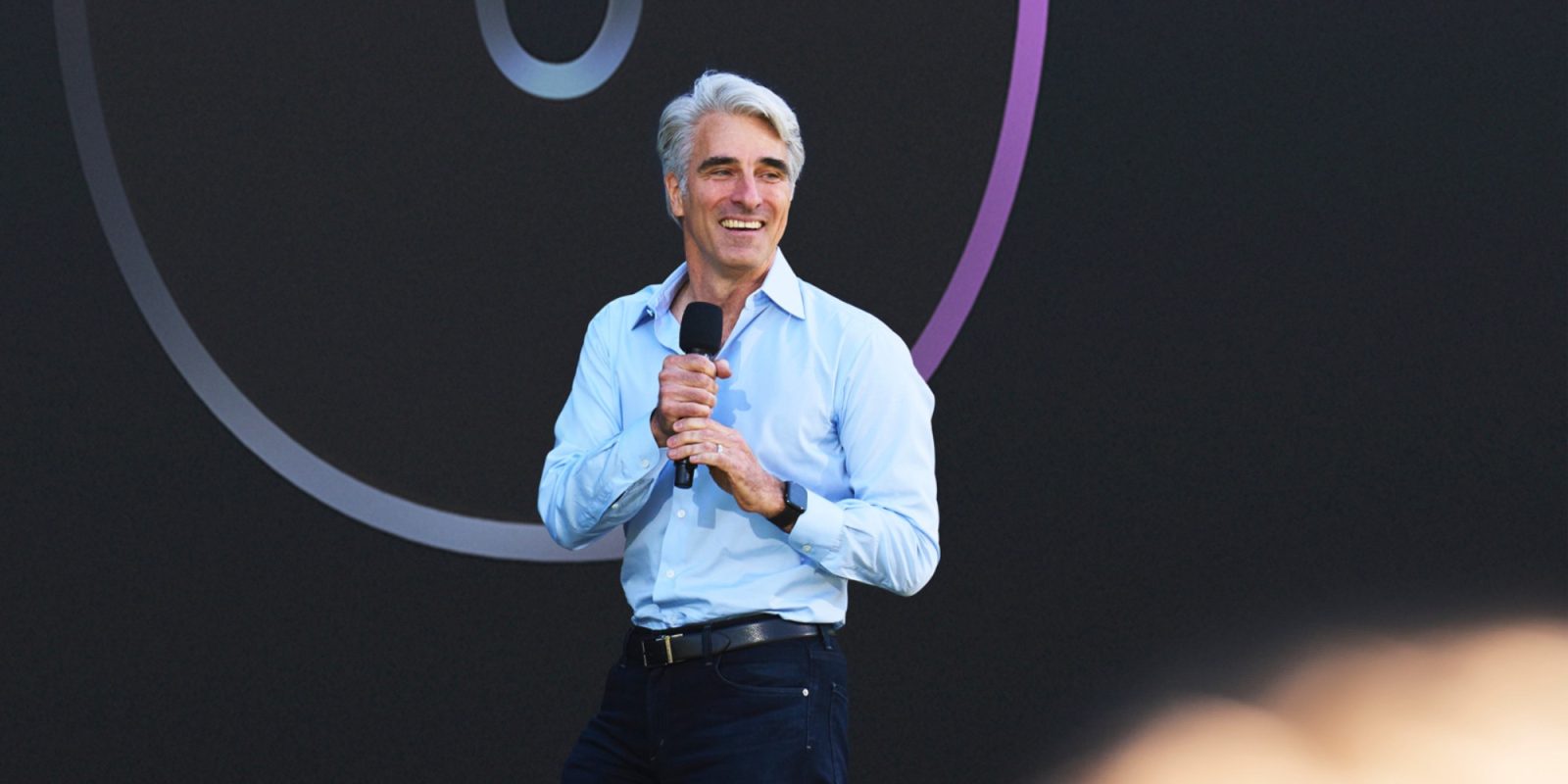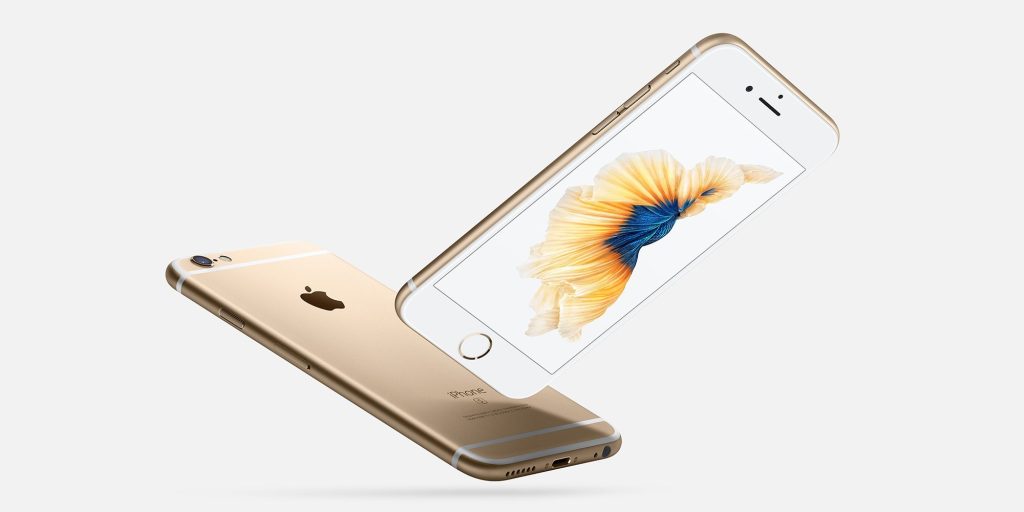
9to5Mac is brought to you by Incogni: Protect your personal info from prying eyes. With Incogni, you can scrub your deeply sensitive information from data brokers across the web, including people search sites. Incogni limits your phone number, address, email, SSN, and more from circulating. Fight back against unwanted data brokers with a 30-day money back guarantee.
It’s long been stated that Apple has had the strongest commitment to supporting its older devices. The latest version of iOS supports devices as far back as 2018’s iPhone XS and XR, which are coming up on 7 years old. While that in itself is impressive, there’s a second level beneath the surface.
Apple was previously untouchable in this field. If you wanted a phone that would last long (at least in terms of operating system updates), an iPhone would be the best option. Android manufacturers have recently begun matching Apple’s claims on more recent device launches.
Starting with the Pixel 8 launch, Google is now promising 7 years of software updates, including security patches and quarterly feature drops. While that is great, it applies to current and future hardware. Older Android devices, such as ones launched around the same time as the iPhone XS and XR – still only get the typical 2-4 years of software updates.
That’s neither here nor there, though. Let’s talk about this hidden second layer to Apple’s update commitment.
iOS and iPadOS security updates
A lot of people don’t talk about this, but even after Apple stops supporting your device with mainline iOS after 7 years or so, security updates keep on coming.
iPhone 6s, iPhone 7, iPhone SE (1st generation), iPad Air 2, iPad mini 4, and iPod touch 7 are all devices that didn’t receive 2022’s iOS 16 release. You know what they did receive though? iOS 15.8.4, released on March 31st of this year. There were also numerous security updates prior to that, but that’s the most recent one.
Most of these devices were released around 2015. Give or take a year, with the exception of the iPod touch 7. That means that, even 10 years after you bought your device, you’ll still be protected from major security vulnerabilities. This keeps you safe from any potential exploits that put your personal data in harms way.
It goes further than that. Apple also launched iOS 16.7.11 for iPhone 8, iPhone X, iPad 5, and first-generation iPad Pro models on March 31st, keeping these devices up to spec with key security patches. There was also iPadOS 17.7.6, keeping the iPad 6 and second-generation iPad Pro models up to date.
All of these security patches launched alongside iOS 18.4 this spring.

Mac security updates
It goes a step further with macOS. While Apple does release security updates for older operating systems with iPhone and iPad, it’s not nearly as frequent as it is on the Mac.
It isn’t a direct promise, but Apple has consistently released macOS and Safari updates for the previous two versions of macOS. As recently as a couple weeks ago, Apple released macOS Sonoma 14.7.6 and macOS Ventura 13.7.6 – providing security patches for older Mac models.
Same is true for Safari updates, with Safari 18.5 being available for all macOS Ventura and macOS Sonoma users.
This trend has been going for quite a long time now, and ensures that many users are protected from potential security exploits, even if they don’t quite have the most up-to-date tech.

9to5Mac is brought to you by Incogni: Protect your personal info from prying eyes. With Incogni, you can scrub your deeply sensitive information from data brokers across the web, including people search sites. Incogni limits your phone number, address, email, SSN, and more from circulating. Fight back against unwanted data brokers with a 30-day money back guarantee.
My favorite Apple accessory recommendations:
Follow Michael: X/Twitter, Bluesky, Instagram
FTC: We use income earning auto affiliate links. More.











